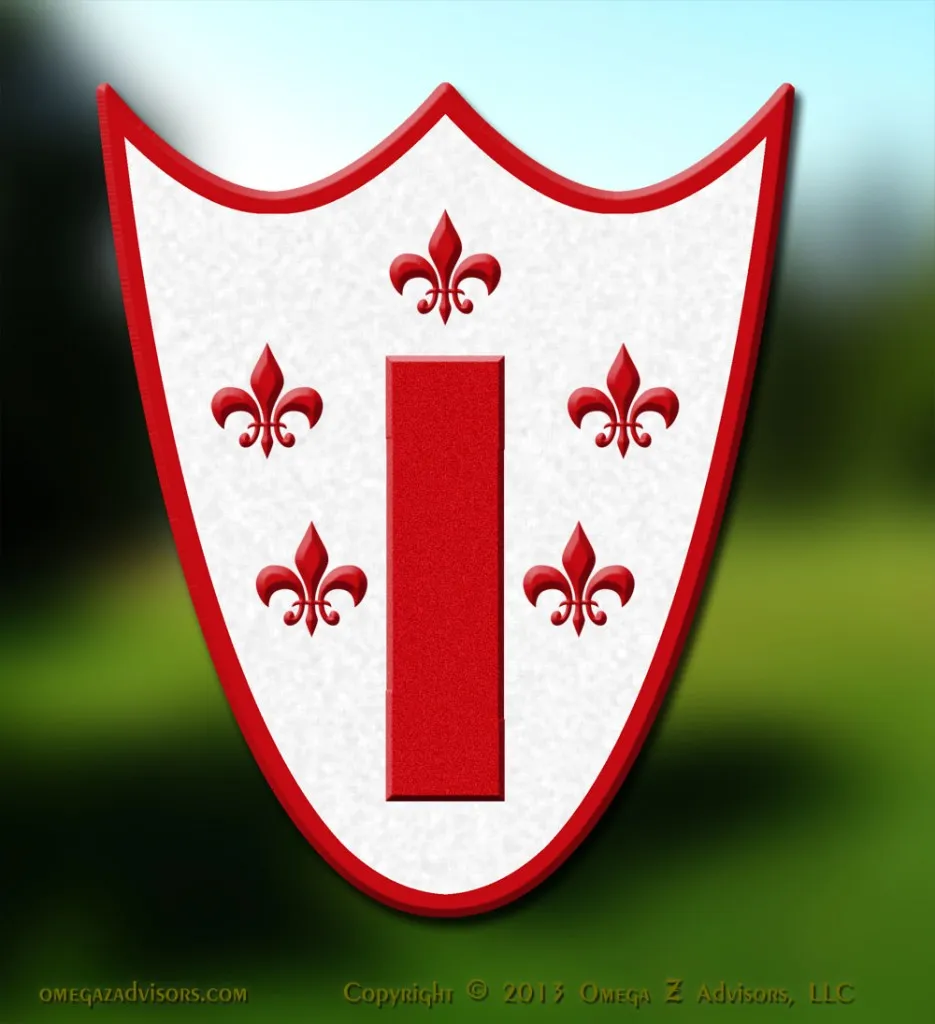Leaders, Followers, Individuals and Heroes
 “If you’re not a leader, you’re a follower.” You’ve heard this how many times? Yet, there is a third: people who don’t want to be either. I call them individuals.
“If you’re not a leader, you’re a follower.” You’ve heard this how many times? Yet, there is a third: people who don’t want to be either. I call them individuals.
Individuals don’t want to follow anybody and don’t want anybody following them. They just want to do what they believe they were born to do. However, individuals often create tensions in a group. We can see this more easily if we invert the introductory quote to say, “If you’re not a follower, then you’re a leader.”
I often use Dirty Harry as an allegoric example since he creates tension for leaders and followers. First, his talent makes him indispensable to leaders; however, his solitary approach shrugs followers. Second, this means leaders feel more dependent upon him than they would like to feel, and followers feel rejected by him.
As a result, since individuals aren’t followers, leaders’ will likely feel they are trying to be leaders, thus, threatening or disrespecting their leadership. Consequently, frequently the ones who say, “If you’re not a leader, you’re a follower,” are leaders subtly reinforcing their positions in the minds of the rest. Moreover, followers will likely make the same mistake, assuming individuals are trying to establish their own powerbase since they are not following the organizational leadership. Whether individuals like it or not, they might have become de facto leaders.
This concept of individuals living outside the leader-follower duality somewhat relates to the heroic archetype. For instance, Batman, Spiderman, Superman plus many other superheroes are solitary figures. The most symbolic of this solitariness is the Lone Ranger. Superheorines exist too.
So, it’s narrow-minded to see people only as leaders or followers. There is a third group, individuals, who just want to do what they were born to do. What were you born to do?


Nice one, Mike. I like the concept of an ‘individual’ group.
Thank you, Terence, though I did chuckle at your thought of an “individual” group. Makes one stop and ponder! Very good, thank you for reading and visiting. ~Mike
Hominids are hardwired for fear, making the apparent need for leadership easy to promote. But the trend has been to allow shamans to dominate phobics by preying on irrational fears sustained by delusion. It creates a kind of feudal system where a few are entitled to great wealth and power according to a birthright ordained by ultimate authority.
In the scenario of “Dirty Harry”, his dominant behavior is kept localized, as a system ruled by gangs of bullies will never allow Harry to become police chief, much less mayor, or governor. And even if he became governor, to run for president would likely be a terminal decision since the dominators would not stand for it very well, and would likely gang up on him.
The boy that was Mark Twain’s model for “Huckleberry Finn” grew up to be one of the more trusted men in his town, and a virtual pillar of the community–but only at a very small and very localized level.
Thank you very much for the comment, Van. You’re right. It’s virtually an unquestioned given that we must have leaders and that it’s further unquestioned that this is good. ~Mike
Those of us that are individualists are familiar
with criticism from leaders and followers.
Thanks for the positive message!
You are welcome, Patty. We tend to forget the role non-leaders/non-followers play in our lives. Thank you for stopping by. ~Mike